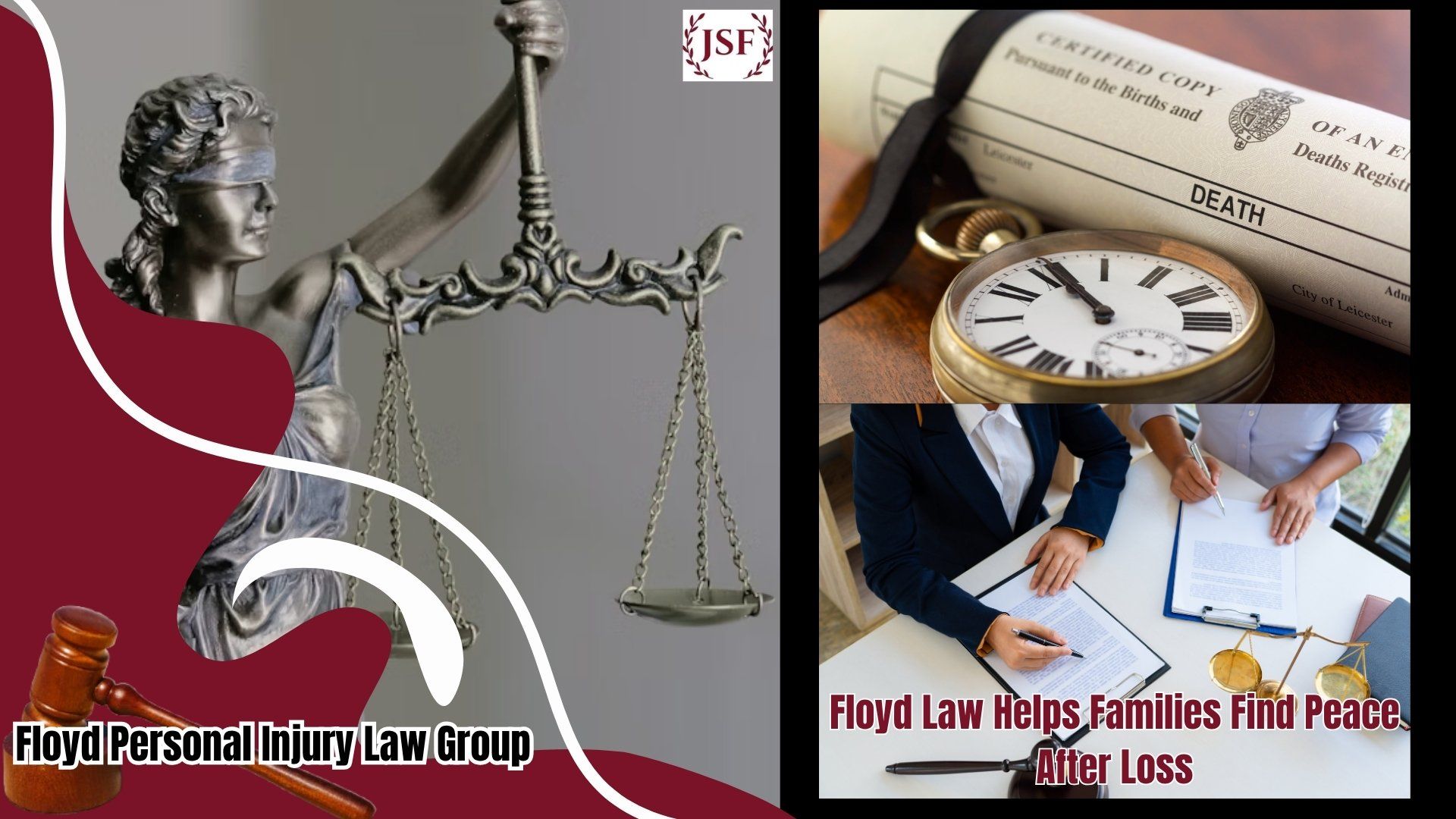Who Can File a Wrongful Death Claim?
When tragedy strikes and a loved one’s life is lost due to someone else’s negligence, the surviving family members often want justice and accountability. This is where wrongful death claims come into play. However, the process of filing a wrongful death claim can be complicated, and determining who is eligible to file such a claim is a key component. For families in Washington, understanding the legal framework and the role of a wrongful death attorney is essential in navigating these emotional and legal waters.
What is a Wrongful Death Claim?
A wrongful death claim arises when a person’s death is caused by the negligent, reckless, or intentional actions of another party. These claims are civil suits, separate from any criminal charges that may arise from the same event. While criminal courts may impose fines and imprisonment, wrongful death claims seek to provide financial compensation for the surviving family members of the deceased.
In Washington, these types of claims are governed by specific state statutes, which dictate who can file the claim, the types of damages that can be recovered, and the time limits within which a claim must be made. Working with a wrongful death lawyer familiar with Washington law is crucial to ensure that all legal requirements are met and that the case proceeds smoothly.
Who Can File a Wrongful Death Claim in Washington?
Every state has its own rules regarding who is eligible to file a wrongful death claim, and Washington is no exception. In Washington, the following individuals are typically allowed to file a wrongful death claim:
- The Personal Representative of the Estate: In Washington, wrongful death claims are filed by the personal representative of the deceased person’s estate. This individual is usually appointed in the deceased’s will, but if no such designation exists, the court may appoint a representative. The personal representative files the claim on behalf of the surviving family members.
- Spouse or Domestic Partner: The deceased’s spouse or registered domestic partner is first in line to file a wrongful death claim. Under Washington law, these individuals have a clear right to pursue a claim for the loss of companionship, financial support, and other damages stemming from the death of their loved one.
- Children or Stepchildren: If the deceased has children or stepchildren, they are also eligible to file a wrongful death claim. Children and stepchildren may seek compensation for the loss of a parent, both emotionally and financially. This is particularly important in cases where the deceased was a primary breadwinner for the family.
- Parents or Siblings (if there are no spouse or children):
If the deceased had no spouse, domestic partner, or children, parents or siblings may be eligible to file a wrongful death claim. This provision allows for extended family members to seek justice and financial support in cases where they were dependent on the deceased.
Time Limits for Filing a Wrongful Death Claim
In Washington, the statute of limitations for filing a wrongful death claim is three years from the date of the person’s death. This means that the wrongful death claim must be initiated within this period, or the opportunity to seek compensation may be lost forever. Consulting with a wrongful death law firm like Floyd Personal Injury Law Group as soon as possible ensures that all legal deadlines are met, and the case is thoroughly investigated.
What Can Be Recovered in a Wrongful Death Claim?
Once it is established who can file a wrongful death claim, the next step is understanding the types of damages that can be recovered. In Washington, wrongful death claims aim to compensate the survivors for various losses, both economic and non-economic, including:
- Medical Bills: Any medical expenses incurred prior to the deceased’s death due to the incident.
- Funeral and Burial Costs: Compensation for the costs of laying the deceased to rest.
- Loss of Income and Benefits: If the deceased was a financial provider, the family may recover the lost wages and benefits they would have earned had they lived.
- Loss of Companionship: Surviving spouses and children can seek damages for the emotional loss of love, guidance, and companionship.
- Pain and Suffering:
If the deceased experienced pain and suffering before their death, the family may be compensated for this.
Conclusion
When a loved one’s life is tragically cut short due to the actions of another, it is critical to understand who is eligible to file a wrongful death claim in Washington. The rules surrounding these claims can be complex, and the stakes are incredibly high for the surviving family members. By working with a skilled wrongful death lawyer, families can focus on healing while trusting their legal matters to professionals.
If you have lost a loved one and believe you have a wrongful death case, contact Floyd Personal Injury Law Group to learn more about your rights and options. Their team will provide compassionate guidance and relentless legal representation to help you achieve the justice your family deserves.
Get Expert Help with Your Wrongful Death Claim
At Floyd Personal Injury Law Group, we are committed to helping Washington families get the compensation they deserve. Contact us today for a free consultation and let us guide you through every step of the legal process.
References:
Washington State Legislature - Wrongful Death Statutes (RCW 4.20.010)
Washington State Legislature - Time Limits for Wrongful Death Claims (Statute of Limitations)
Washington State Legislature - Damages in Wrongful Death Claims











